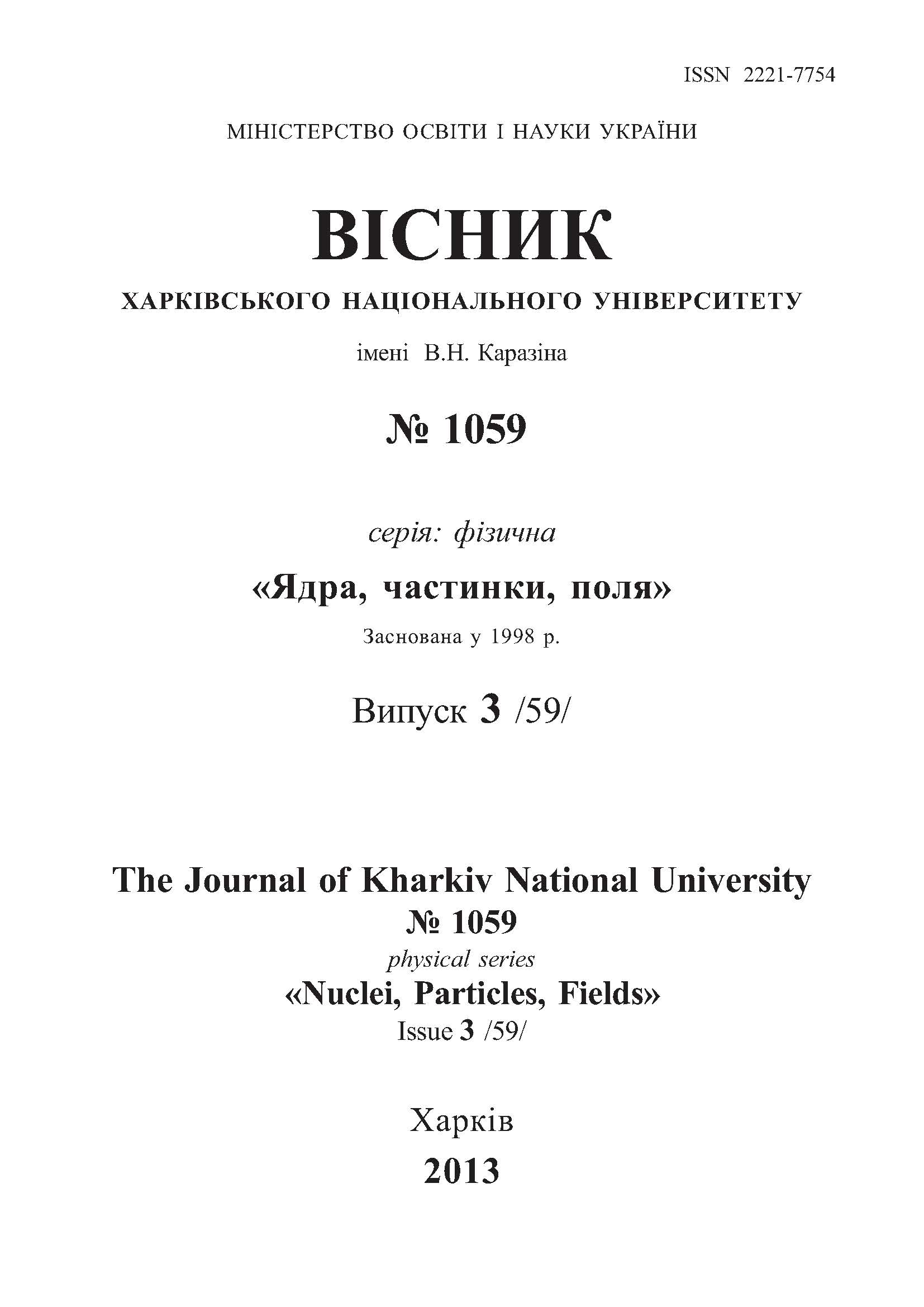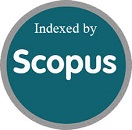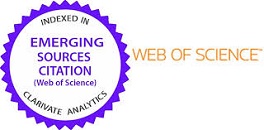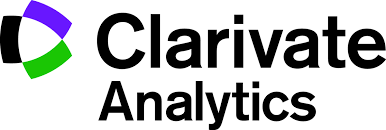Peculiarities of Hydrogen Sorbtion by Metal-Hidride in Plasma of Glow Discharge
Abstract
The paper is devoted to experimental investigations of the processes peculiarities of hydrogen absorption and desorption by getter hydride-forming Zr50V50 alloy in plasma of glow discharge. Such a way creates a possibility to make reactions that using common methods is only at extreme conditions. In this work the conditions of hydrogen absorption by such alloys in glow discharge were determined. The correlation between the absorbed hydrogen quantity depending on external discharge parameters and desorbed hydrogen quantity were carried out.
Downloads
References
Basteev A.V., Obolenskiy M.A., Solovey V.V. Aktivatsiya vodoroda i vodorod soderzhashchikh energonositeley. – Kiev: Naukova dumka, 1993. - 162 s.
Barosi T., Giorgi A. A non – evaporable getter for low temperatures // Vacuum. – 1973. - Vol. 23, № 1. - P.15–19.
Verbetskiy V.N., Lototskiy M.V., Mitrokhin S.V., Semenenko K.N. Vzaimodeystvie intermetallicheskikh soedineniy s vodorodom v plazme tleyushchego razryada // Vestn. Mosk. un-ta. – Khimiya. – 1983. - T.24, №4. - S.414 – 418.
Klochko Ye.V., Lototsky M.V., Popov V.V., Shmal’ko Yu.F., Borysko V.N. Sorption and electrotransfer characteristics of hydrogen – gettering materials in contact with a hydrogen plasma // J. Alloys and Compounds. – 1997. - Vol. 261. - P.259–262.
Authors who publish with this journal agree to the following terms:
- Authors retain copyright and grant the journal right of first publication with the work simultaneously licensed under a Creative Commons Attribution License that allows others to share the work with an acknowledgment of the work's authorship and initial publication in this journal.
- Authors are able to enter into separate, additional contractual arrangements for the non-exclusive distribution of the journal's published version of the work (e.g., post it to an institutional repository or publish it in a book), with an acknowledgment of its initial publication in this journal.
- Authors are permitted and encouraged to post their work online (e.g., in institutional repositories or on their website) prior to and during the submission process, as it can lead to productive exchanges, as well as earlier and greater citation of published work (See The Effect of Open Access).








